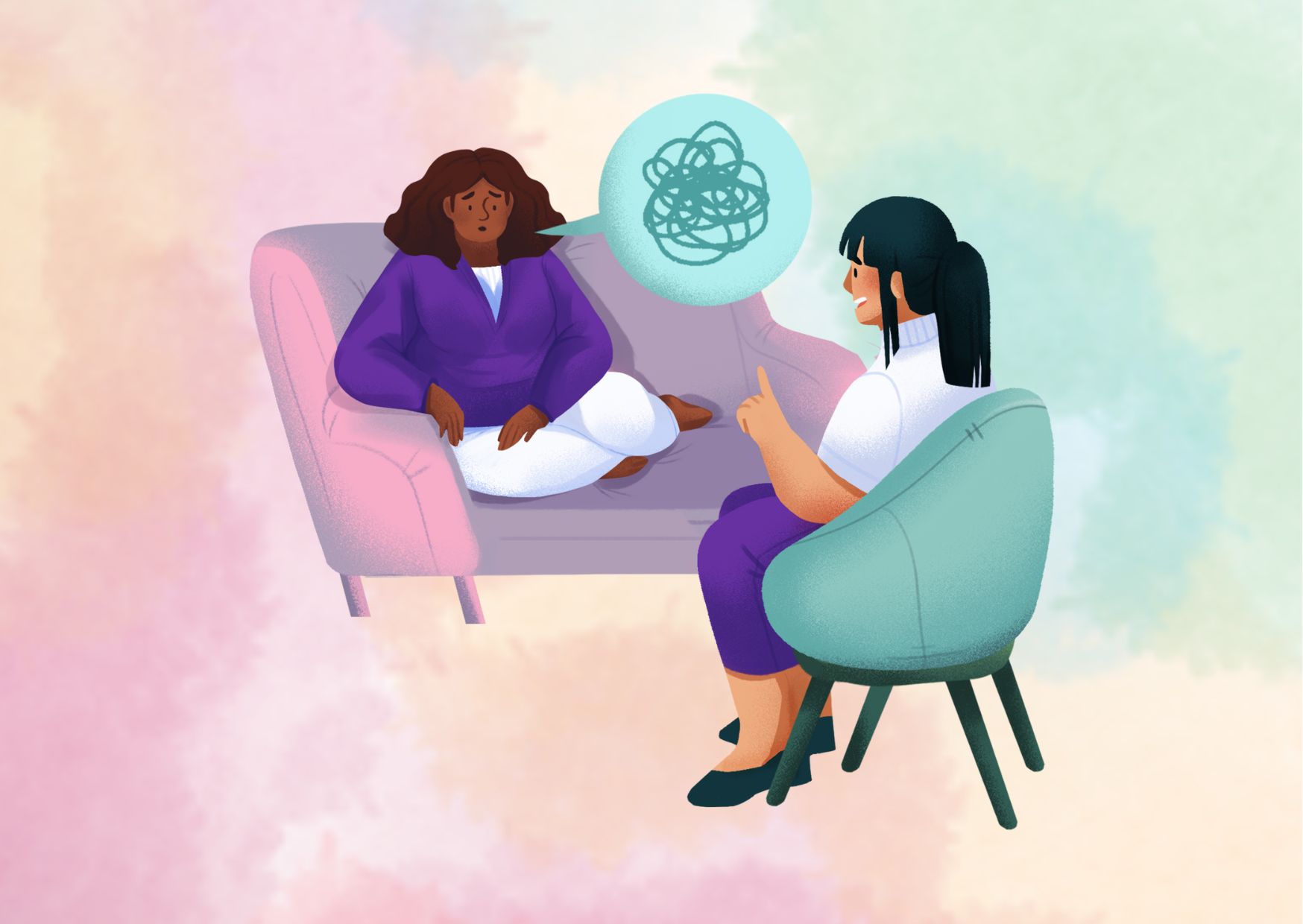Holistic approach to mental health
Stress is a typical migraine pain trigger, and migraine symptoms may add to the stress that already negatively impacts your mental health. According to estimates, between one-third and fifty percent of persons who suffer from chronic migraines also struggle with anxiety, and migraine sufferers are five times more likely to experience depression.
You may take action to manage your stress and mental health once you are aware of the connection between your mental health and migraine discomfort. One strategy for addressing mental health concerns that may also help your migraine-related symptoms is a holistic one.
The definition of holistic
The term “holistic” refers to the entire system as opposed to its component pieces. Treating your entire system rather than just one area of your body is the goal of a holistic approach to health. For instance, holistic medicine treats the body as well as the mind.
Your mental, physical, emotional, social, and spiritual health are all factors in a holistic approach to mental health. When treating you for mental health problems, a holistic practitioner might, for instance, take into account your lifestyle, relationships, exercise routine, and diet. While many aspects of our lives can have an impact on our health and wellbeing, you might find a holistic approach to be useful.
Treatments for holistic mental health
Treatment for holistic mental health can take many different forms. While some of them are tasks you can begin doing on your own, others are carried out by medical professionals. Following are some examples of holistic mental health care:
- Talk and group therapy
Talk therapy and group therapy are frequent components of the holistic approach to the treatment of depression. One-on-one sessions with a mental health professional are part of talk therapy. Your therapist and you will talk about your worries, actions, and mental health symptoms at this time. Talk therapy may help you deal with your personal issues with the assistance of a professional while reducing the symptoms associated with your mental health.
More people are involved in group therapy. You can gain support and advice from people who have experienced and been diagnosed with comparable mental health conditions if you take part in group therapy. Similar benefits to talk therapy can be obtained from group therapy, plus the comfort of knowing you’re not alone.
- Art therapy
You can investigate your behaviors, symptoms, and diagnosis via art as a way to express yourself. When utilized therapeutically, art can help you feel less stressed, boost your self-confidence, and become more self-aware. You can better comprehend your id ideas and feelings with the aid of art therapy.
Paint, chalk, and clay are just a few of the materials used in this kind of treatment. You can experiment with numerous forms of art therapy, including painting, drawing, and journaling.
Suggestion for read: Holistic Therapy Near Me Or Online?
- Mindfulness
You can become more present in your life and develop awareness of your experiences and diagnoses by practicing mindfulness. With mindfulness, you may consciously develop self-awareness, mold your perspective, and pay attention to your sensations and emotions to address your worries.
